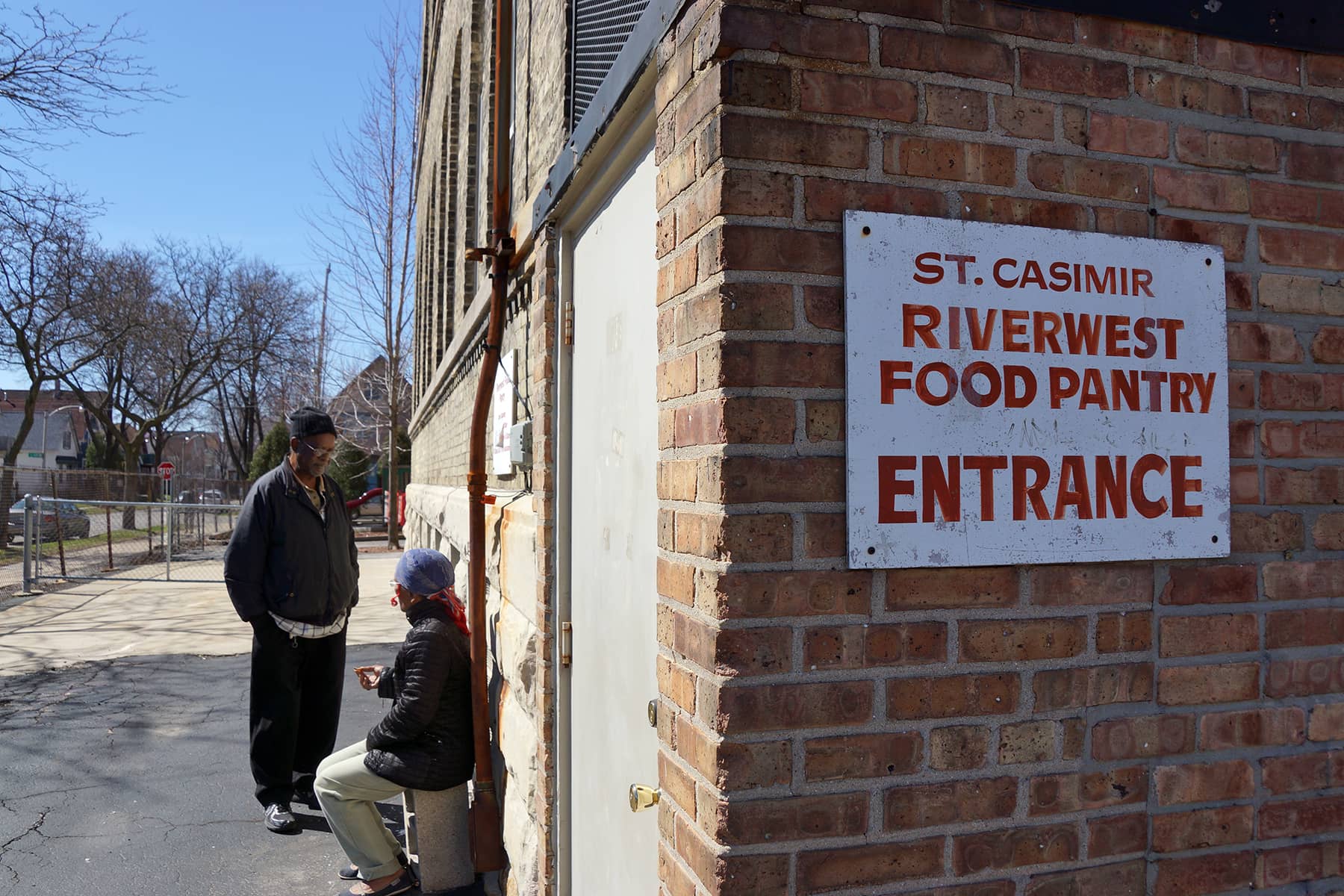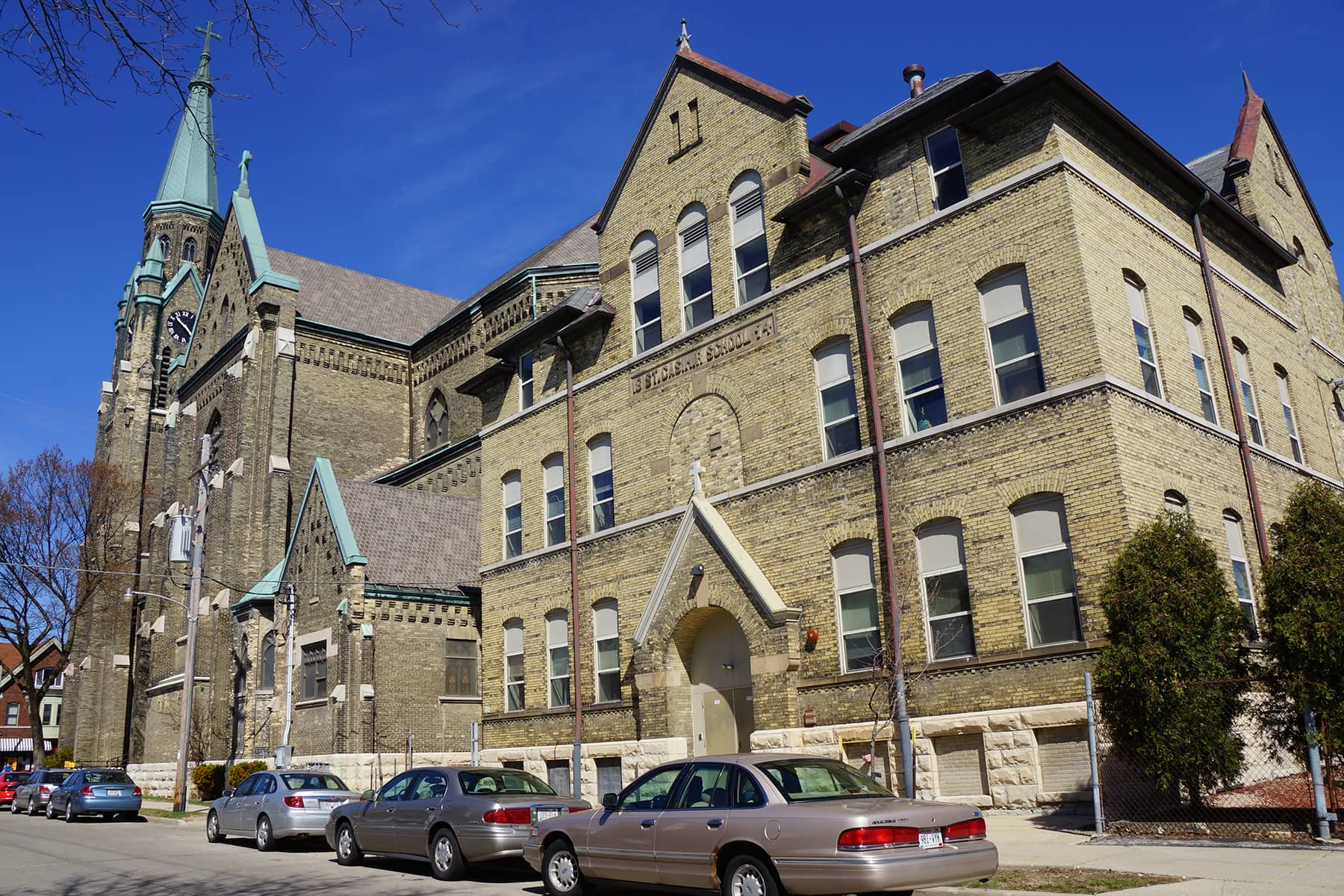
Riverwest Food Pantry, a community food center that has been committed to improving lives and growing community well-being in the Milwaukee area, announced on April 21 that it would become Kinship Community Food Center.
The name change reflects the organization’s sense of belonging, priority for serving the whole person, and potential to engage people from all parts of greater Milwaukee.
“Think of our new identity as an invitation to people from all corners of the city to come together to help each other thrive through belonging, giving, and receiving,” said Vincent Noth, Executive Director of Kinship Community Food Center. “We are a community of generosity that shares our struggles and our joys, our lives and wisdom. That’s what kinship is all about.”
The name change came at a critical time for the center, which distributes around 300,000 pounds of food every year, even during the height of the COVID pandemic where they served 35,000 from the parking lot over 23 months and has recently transitioned back to regular in-person operations.
Current programs include a fresh food market; a 27,000-square-foot organic farm; collaborative meals; crisis assistance mentoring; and community trainings about poverty and transformational service. The Center hired former Tandem restaurant owner and chef Caitlin Cullen as Food Center Director in January after attracting a two-year impact grant from the Dohmen Co. Foundation to expand its food and wellness, food quality, and food stability programs.
The Center’s main outreach is through their food distribution site at St. Casimir Church, 924 E. Clarke Street. The organization recently announced its intentions to acquire a large headquarters site that will house its offices, food center operations, and a commercial kitchen.
Noth, who offers a weekly “Poverty 101” talk as part of their trainings, has engaged volunteers and newcomers to see themselves in kinship with the Center’s shoppers. Noth believes the Center as a place where shopping, cooking, and eating together helps to address wider challenges, like hunger, isolation, and poverty.
“Food is a way to serve the whole person and share our lives,” Noth said. “It’s a change in how we see our city and community. We belong to one another.”
The Center has been operating for more than 40 years, first as a program of the East Side Housing Action Committee (ESHAC) and ministry of St. Casimir Parish, and then becoming an independent nonprofit in 2013.
Its mission has been focused on bringing the public together around food to relieve hunger, improve lives, and grow community well-being. Its approach has built a community of generosity that remains well-nourished, well-informed, and strengthened to prevail.
© Photo
Lee Matz















